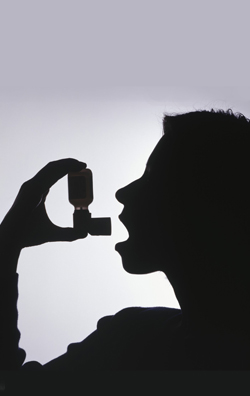
A review suggests smoking and vaping could increase the severity of COVID-19 due to blood vessel damage and a higher risk of stroke. “There is a growing body of evidence to suggest that, as well as the respiratory symptoms of COVID-19, the disease can also cause, among others, neurological effects.” A recent report from a neurological hospital in the United Kingdom identifies cases of delirium, brain inflammation, nerve damage, and stroke in COVID-19 patients. Reports of stroke in COVID-19 are particularly prevalent. Some reports estimate that 30% of critically ill COVID-19 patients experience blood clots. And if they occur in the brain, they may trigger a stroke. Researchers from Texas Tech University Health Sciences Center previously found that smoking and vaping increases the risk of viral infection. They have now published a review on how these activities might affect the risk of neurological dysfunction in COVID-19, particularly from damage to blood vessels in the brain. They found that both smoking and vaping could increase the risk of stroke in COVID-19 due to damage to the blood-brain barrier and a higher risk of blood clots. The authors conclude that smoking and vaping may increase the severity of COVID-19 by increasing expression of the ACE2 receptor, which allows the virus to infect more cells. They were also found to damage the blood-brain barrier, which increases the risk of neurological complications. There is an elevated risk of stroke in COVID-19 patients who smoke due to increased blood clotting factors in the blood. However, the authors say more research is needed, including comparisons of autopsy samples from COVID-19 patients who did or did not smoke, and further animal studies.
(Credits: www.medicalnewstoday.com)





